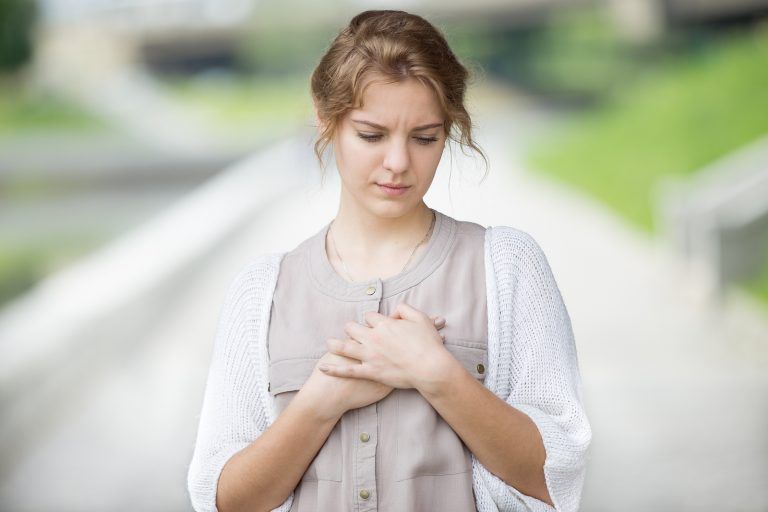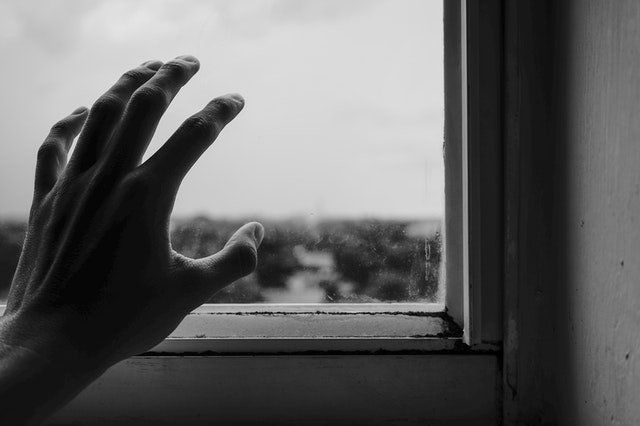Physical Symptoms of Anxiety and How to Stop Them
The physical symptoms of anxiety can be scary. Here’s a list of the most common sensations, what they mean, and what you can do about them.
Patients ask me all of the time about the physical symptoms of anxiety because they’re scared something is really wrong.
I tell all of them the same thing: An anxious body glitches, just like a machine.
The more stress you put on the system, the harder it has to work.
As a result, you get glitches.
There are a few strategies you can implement immediately to feel better.
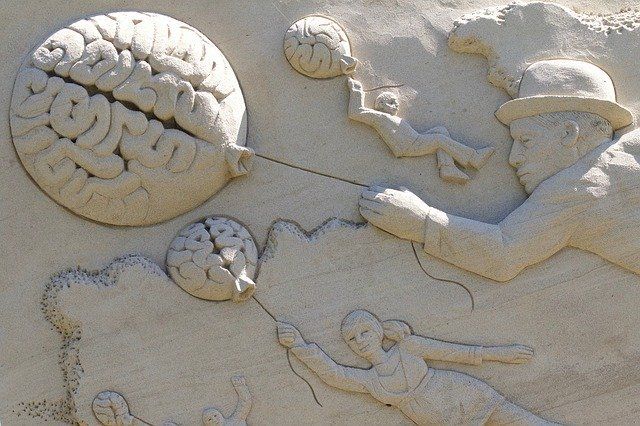
How Does Our Nervous System React to Anxiety?
Our brains and bodies were made to respond to short bursts of danger.
When we sense danger or are in trouble, the fight or flight center in our brain turns on.
This causes a bunch of physical symptoms that are meant to prepare your body to fight or run away:
- Breathing and heart rate increase
- Blood rushes to your heart and brain
- Muscles tense up
Once the threat is gone, fight or flight shuts down and your brain and body go back to doing their usual thing.
Problems arise when we’re exposed to constant high levels of stress. Eventually, this stress can turn into anxiety. Left untreated, anxiety negatively impacts our physical and mental health.
It’s important to remember that everyone experiences anxiety symptoms differently.
Just because someone isn’t displaying a behavior you would expect to see doesn’t mean they aren’t anxious.
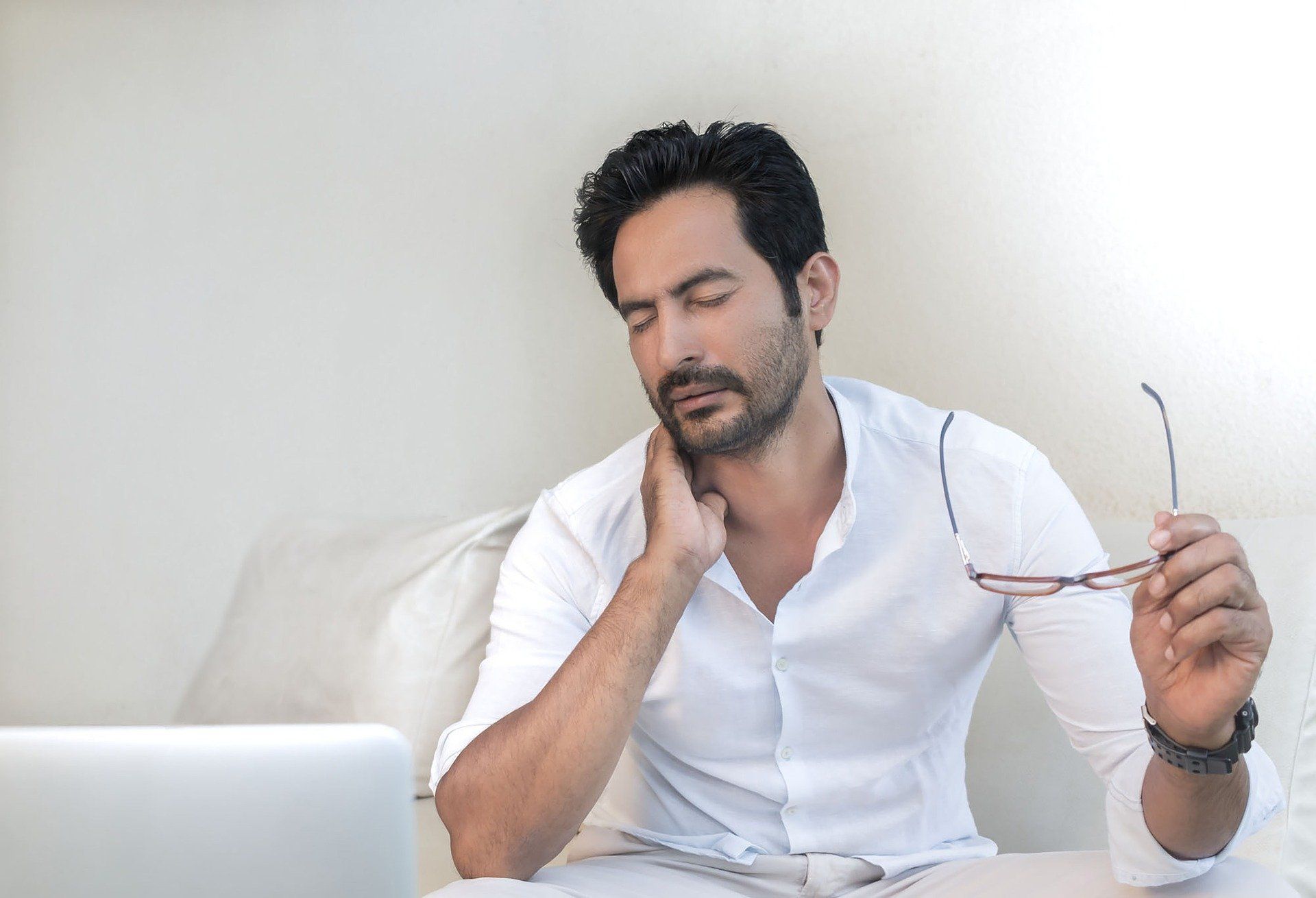
Common Anxiety Symptoms
There are a whole host of anxiety symptoms. Below are the more common ones:
- Heart palpitations
- Nausea
- Sweating
- Shaking
- Tingling in arms and legs
- Muscle tightness
- Difficulty swallowing
- Dizziness
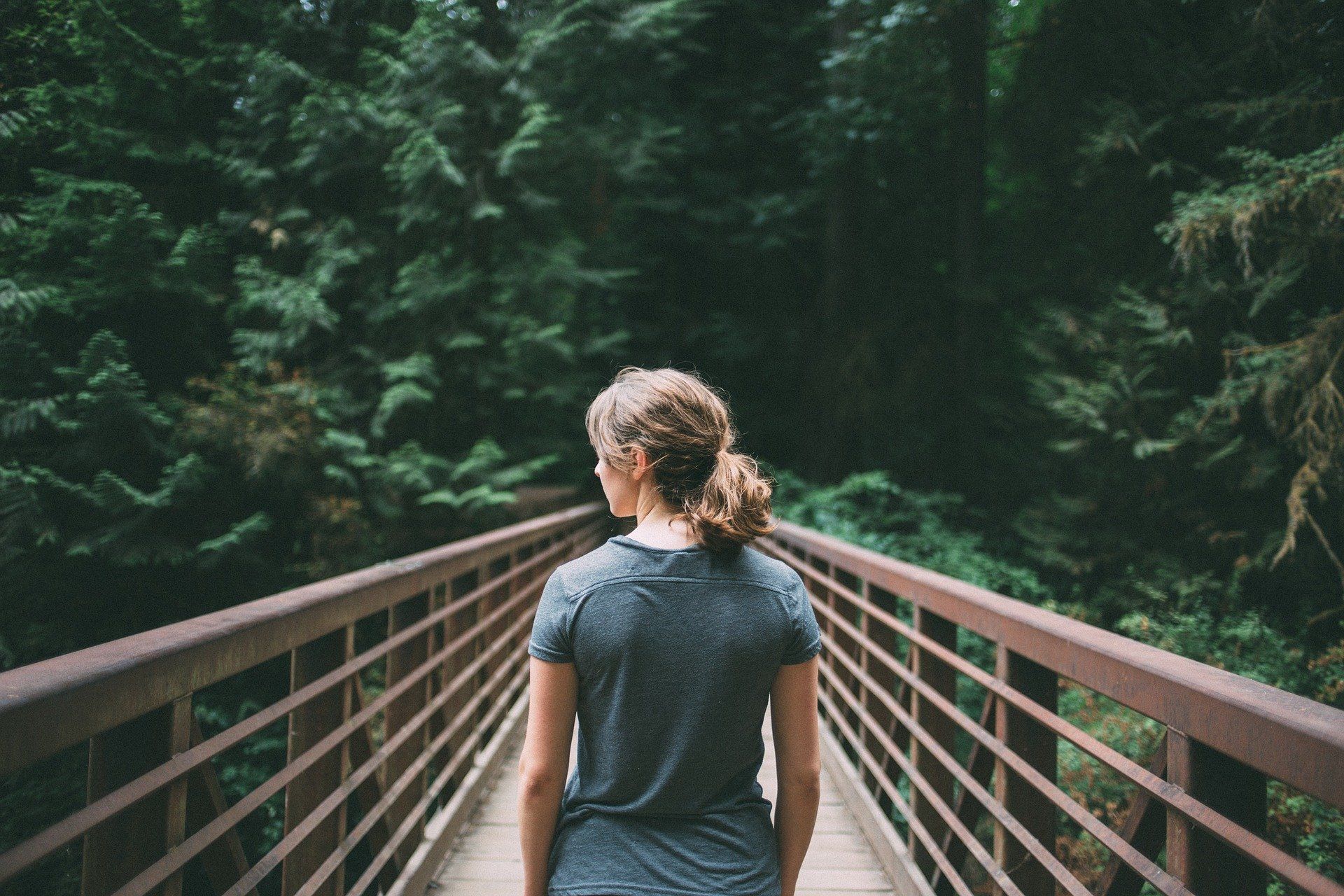
Shutting Down Anxiety Symptoms
There are several steps you can take to help relieve anxiety. Don’t expect anxiety to simply vanish. Give your system some time. Remember, some bodies respond quicker than others.
Here are steps you can implement for free, right away:
Deep, yoga breathing:
- Deep, belly breathing shuts down the panic part of your nervous system.
- Your nervous system actually doesn’t even have a choice.
Movement:
- Activities like walking, running, and biking are great because they help your brain release feel-good hormones.
- Movement is also the quickest way to get the adrenaline out of your body.
- Yoga combines the benefits of moving and deep breathing.
Eat something with protein:
- Stabilize your blood sugar with something substantial. Low blood sugar and anxiety have similar symptoms.
- An anxious brain won’t realize it’s hungry. Instead, it will continue to hyper-focus on feeling bad.
Muscle relaxation: There are many variations of this exercise. Here is a common and simple one:
- Sit or lie down.
- Picture a bubble, feather, or butterfly landing on a part of your body.
- As the object lands on a muscle group, relax that part of your body.
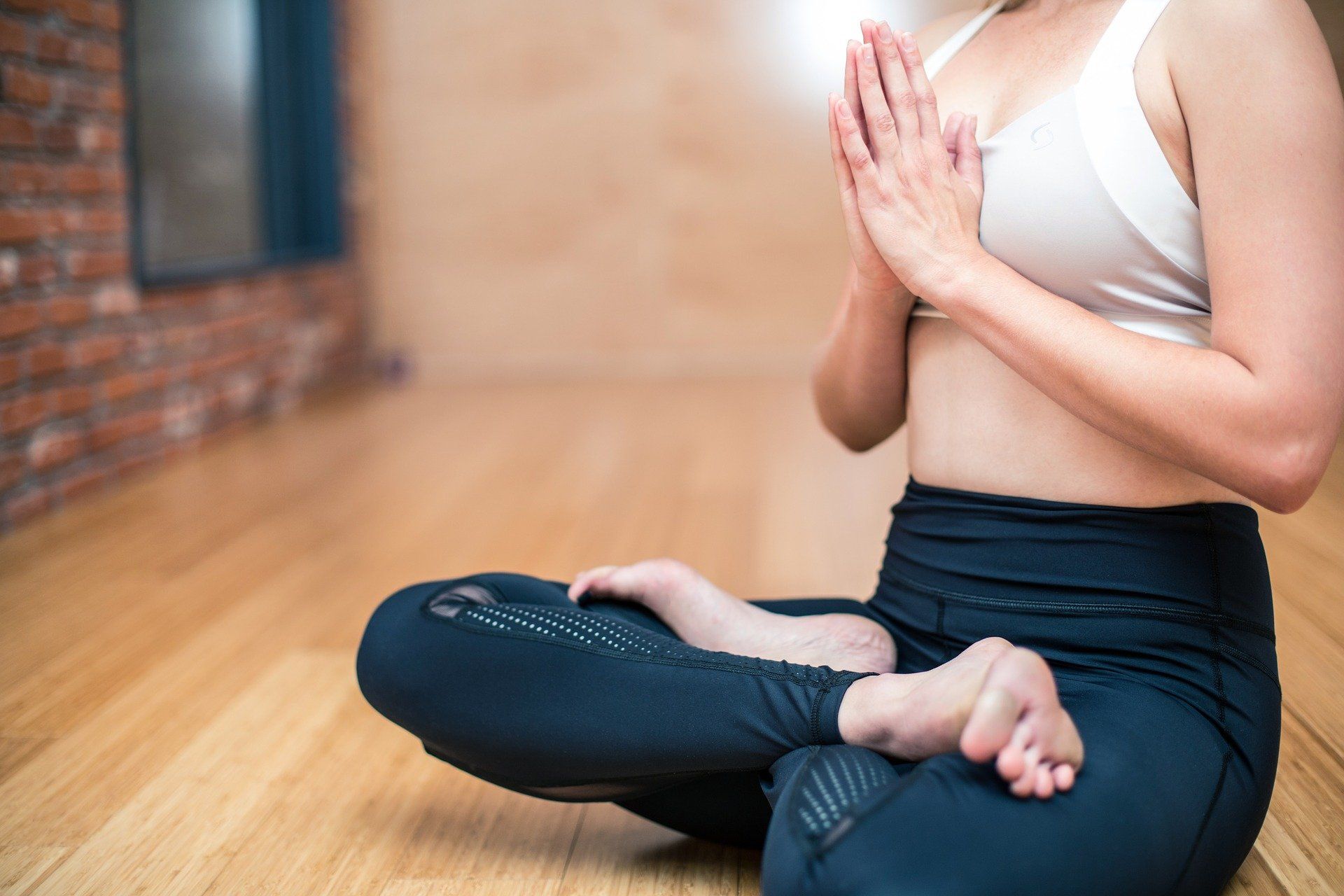
Good Resources for Managing Anxiety
Anxiety symptoms are scary, but you don’t have to deal with them forever.
You can regain a sense of calm and control.
There are a number of apps that can help with deep breathing and meditation. My patients have had a lot of success with OMG I Can Meditate, Calm, and Headspace.
For yoga on the go or in the comfort of your home, check out different yoga programs on YouTube.
We are anxiety and OCD specialists who can help you achieve the physical and emotional calm and peace that you want and deserve. When you’re ready to work toward that, please give us a call.
Please contact us to set up an appointment.
We can help give you information, a map for next steps, and hope that you can have the life you want.
Wishing you the best,
Dr. Levy
Director
Dr. Ronit Levy is a clinical psychologist and director of Bucks County Anxiety Center in Newtown, PA. She specializes in treating teens and adults struggling with anxiety due to Anxiety Disorders, OCD, chronic illness, and life events. Dr. Levy trains and supervises other therapists and presents on mental health in the community.
Anxiety & OCD Blog Latest Posts
About Us
The therapists who practice at Bucks County Anxiety Center work with teens (ages 14 and up) and adults struggling with anxiety and OCD.
All Rights Reserved | Bucks County Anxiety Center

